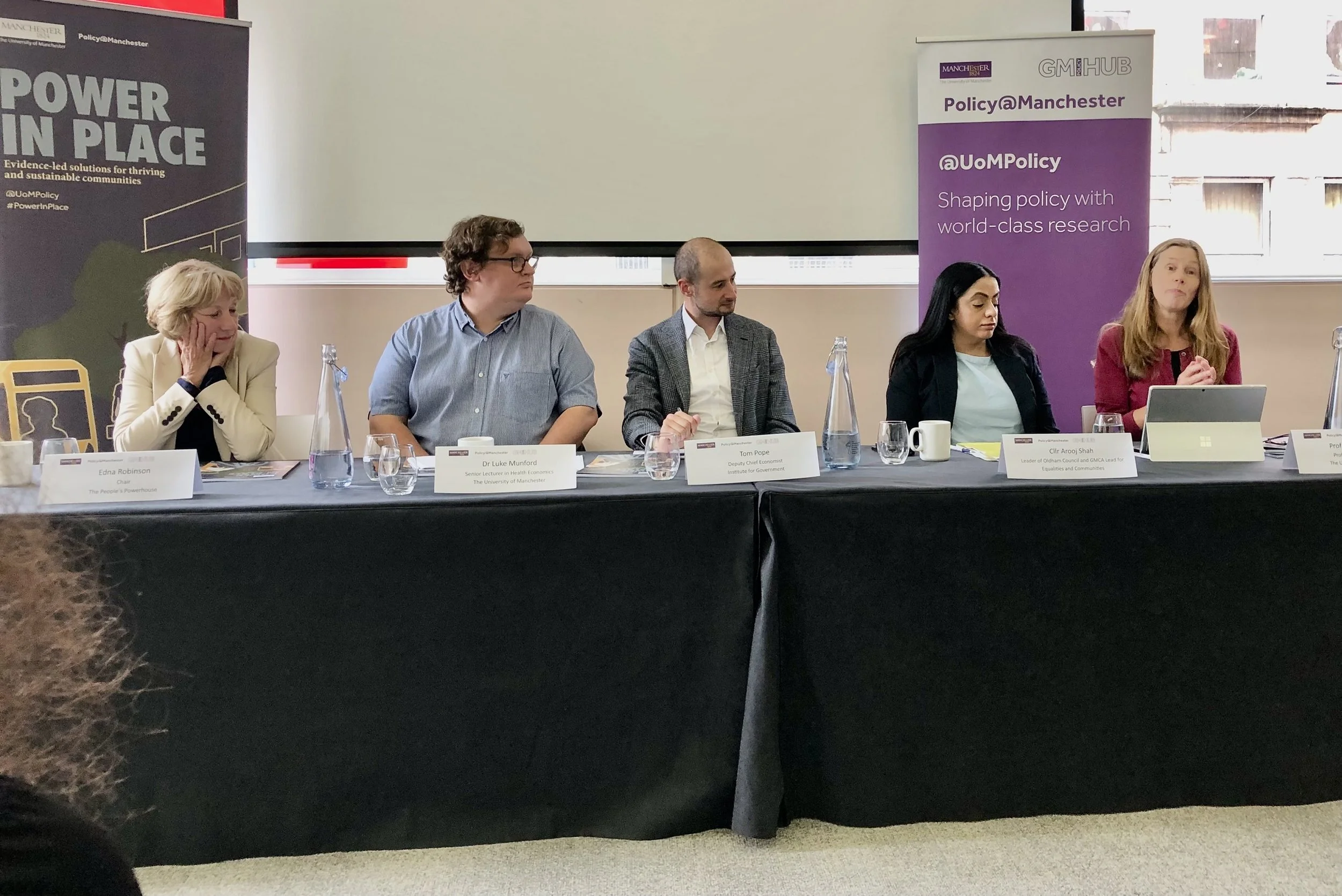The University of Manchester’s success in actively engaging local communities and the wider public in its work has been recognised with the award of the highest achievable rating by the body which oversees university research and knowledge transfer in England.
The Knowledge Exchange Framework is an annual assessment by Research England of the ways universities connect with society and the economy - locally, nationally and internationally.
In the latest scores, just released, The University of Manchester reached the top rating for public and community engagement, a feat also achieved for its work with intellectual property and commercialisation, and research partnerships.
The University’s accolade for public engagement reflects its diverse range of activities over the past year such as volunteering, festivals, mutual partnerships, citizen science, policy engagement, patient involvement in research, and interaction with communities through its cultural institutions including Jodrell Bank Discovery Centre, John Rylands Library, Manchester Museum and the Whitworth Art Gallery.
Professor Arpana Verma, Professor of Public Health and Epidemiology, The University of Manchester
Its policy engagement unit, Policy@Manchester, plays an important part in this work by connecting researchers with policymakers and influencers, nurturing long-term policy engagement relationships, and enhancing stakeholder understanding of pressing public policy challenges.
Policy@Manchester organised 15 fringe events at the Conservative and Labour Party conferences over the past two weeks, and recently hosted a roundtable discussion at Manchester Art Gallery to launch its new publication, Power in Place, which sets out an assortment of evidence-based solutions from the University’s world-leading academics to tackle regional inequalities and boost the levelling up agenda.
Professor Arpana Verma, and Clinical Professor of Public Health and Epidemiology and Co-Director of Policy@Manchester, said: “It is a proud achievement for the University to be awarded the top score by Research England for public and community engagement.
“The Policy@Manchester team is integral to our engagement activities in the city and far beyond including at conferences, events and meetings with prominent individuals and organisations with real influence on policy outcomes.
“I am thrilled that their outstanding and dedicated efforts have been recognised in this way.”




























